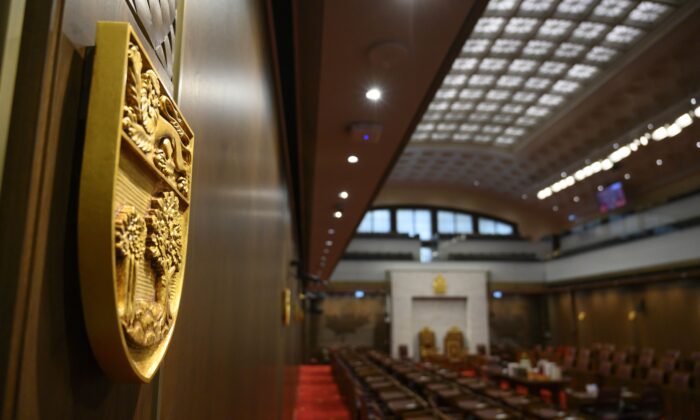The majority of Canada’s current senators have been appointed by the Liberal government under Prime Minister Pierre Trudeau, raising questions about the Senate’s ideological neutrality. If a Conservative government is elected, it could face challenges from a Senate that some view as antagonistic. While the Senate now has more power than ever before, there is debate on how it may behave under a new government. The appointment process for senators has changed under Mr. Trudeau, leading to a Senate that is seen as less partisan. Despite this, clashes between a Conservative government and the Senate could still occur, but a prolonged constitutional crisis is deemed unlikely. The Senate’s role as a house of review, rather than a party-dominated body, has shifted the dynamics in Canadian politics.
Many individuals may find the Conservative agenda to be overwhelming.
The Senate is likely to respect House decisions, with amendments unlikely to undermine Tory bills. However, keeping partisanship out of any political body is challenging.
Prior to 2015, Canada’s senators were appointed by the governing party from among its members. The Senate’s role is to provide a “sober second thought” to legislation and protect regional and minority interests.
In 2015, Mr. Trudeau filled vacant Senate seats with independent senators, leading to the formation of various groups within the Senate. The Independent Senators Group is the largest among them.
The Senate has an unusual amount of power in the Commonwealth, with the ability to veto bills passed by the House. The Canadian Senate is modeled after the House of Lords in the UK.
In the past, the Senate has outright opposed legislation passed by the House, leading to showdowns like the one over the GST bill in 1990.
If a Poilievre government needs to break a Senate deadlock in the future, it would take about a decade to make enough appointments to balance out the Conservatives in the Senate, according to Mr. Pennings.
Lee Harding contributed to this report.
Can you please rewrite this sentence?
Source link





